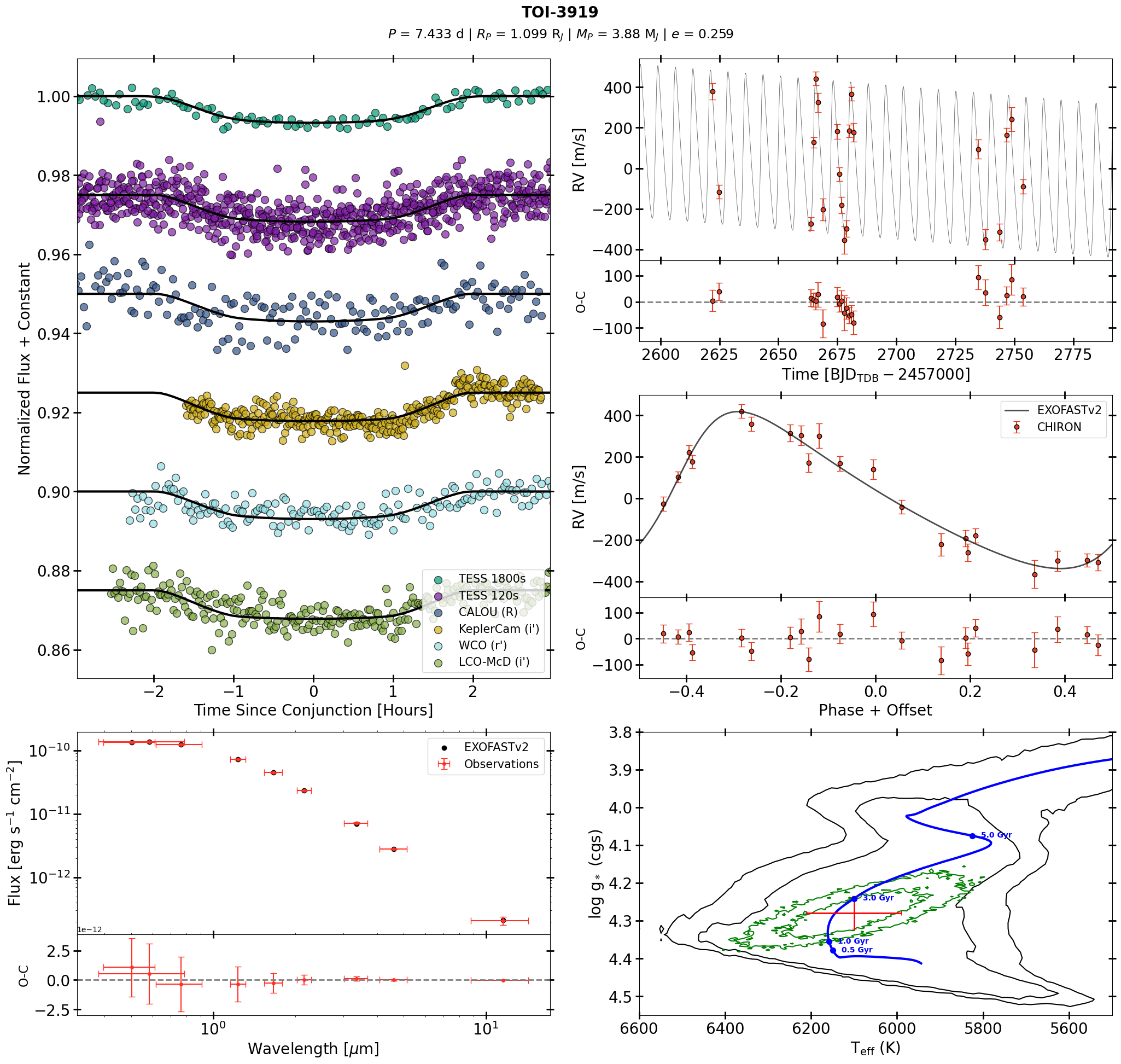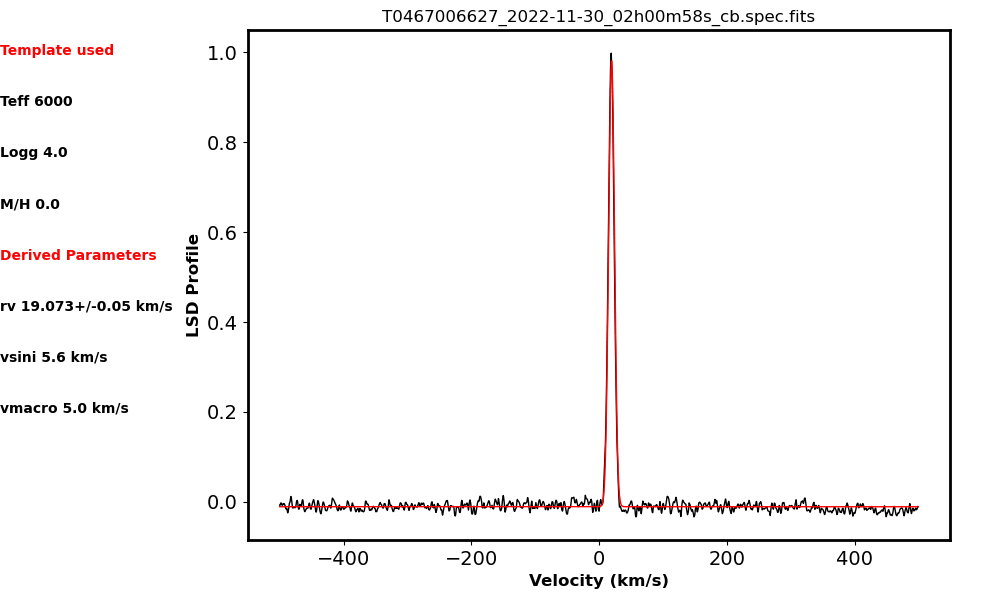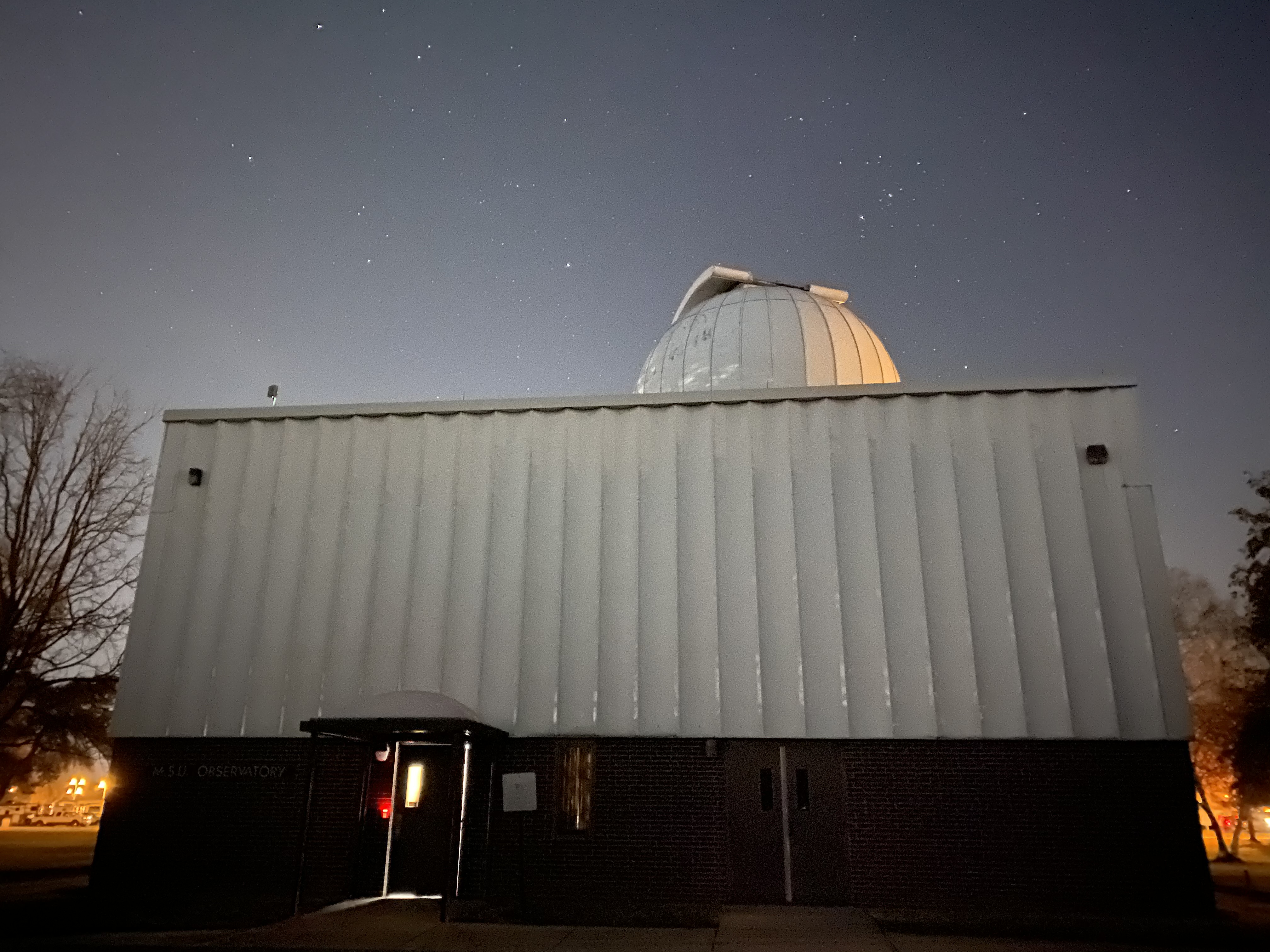Jack Schulte
Astrophysics & Astronomy PhD Candidate
Michigan State University

Astrophysics & Astronomy PhD Candidate
Michigan State University

I'm a fifth-year Astrophysics & Astronomy PhD candidate in the Department of Physics and Astronomy at Michigan State University. I work in Dr. Joey Rodriguez's exoplanets group. My current interests are in the origins of "Hot Jupiters," a type of giant exoplanet that orbits extremely close to its host star.
I grew up in the scorching desert of Arizona, where I went to Arizona State University. I graduated with a BS in Physics in May of 2021, shortly after publishing my first paper in The Astrophysical Journal about presolar stardust grains formed from the ejected material of supernovae. In the Summer of 2021, I stepped foot in Michigan for the first time and decided to call it my home.
Outside of the world of science, I'm a huge fan of all things nature. When I'm not cooped up inside studying for classes or grading my students' labs, you might find me exploring the lakes and forests in the Lansing area. I'm also a big soccer fan and an avid reader, so if I'm not outside enjoying temperatures below 110℉, I might be cheering on Arsenal or reading a good sci-fi book.
The first exoplanet ever discovered around a main sequence star in 1995 was a hot Jupiter. This discovery launched a new field and along with it a host of unanswered questions. My research aims to tackle one of the earliest of these questions: "How do hot Jupiters form and evolve?"
I am currently working with Dr. Joey Rodriguez at MSU to confirm and characterize Hot Jupiters discovered by NASA's Transiting Exoplanet Survey Satellite (TESS). In collaboration with other members of the TESS Follow-up Observing Program (TFOP), my goal is to build a complete, self-consistent sample of Hot Jupiters orbiting Sun-like stars limited by a Gaia G-band magnitude of 12.5 so that I can probe their origins.
I also have a particular interest in using the properties of stars, such as their rotation and elemental abundances, to understand their planetary systems. Specifically, I hope to use tracers of youth such as lithium and stellar rotation rates to place tight age constraints on hot Jupiter hosts. By precisely age-dating the yougest hot Jupiter systems, we can place constraints on models of hot Jupiter formation and migration. Lastly, I have recently gained an interest in searching for signatures of planetary engulfment, as such events can provide additional constraints on the timing of the dynamical instabilities that may lead to the migration of hot Jupiters.

The bulk of my efforts in constructing a self-consistent sample of hot Jupiters is confirming the existence of transiting exoplanets and ruling out the likeliest false positive scenarios. This step is incredibly important, given that the Kepler sample showed that more than half of giant planet candidates were found to be common false positives, such as blended eclipsing binary stars. Careful radial velocity (RV) analysis of these targets can help to rule out these scenarios. An example is shown below of a massive giant planet candidate that was placed on hold for additional observations due to evidence in the least-squares deconvolution (LSD) of the spectra of a probable spectroscopic triple, with an unseen eclipsing binary creating the transit signal and RV shift. In this animation, the smaller secondary peaks on either side of the primary peak are caused by a secondary star blue-shifted or red-shifted relative to the brighter target star.

I am currently heavily involved with the MSU Observing Research Program (MORP), a team of MSU astronomy undergraduates that use the MSU Observatory's 0.6-meter telescope to confirm the existence of transiting exoplanets and observe bright variable stars. I work with the MORP undergraduates to provide them with high-priority planet candidates, analyze the observations, and to write my own paper on several planets observed by MORP. MORP students have recently co-authored several planet and brown dwarf discovery papers as a result of their observations. If you are an MSU undergraduate and would like to join MORP or if you are a member of the community that would like to donate to or otherwise support the MSU Observatory or MORP, please contact me, Dr. Laura Chomiuk, or Dr. Joey Rodriguez.

I also help to run the twice-a-month public observing nights at the MSU Observatory. At each of these events, we open our doors to the astronomy-curious public and offer guests the chance to look through our 0.6-m telescope and learn about the history of the MSU Observatory. We also set up smaller telescopes in the parking lot of the observatory and welcome our guests to ask questions of the local astronomers in attendance. For more information about our public observing nights, please visit the Abrams Planetarium's website.
There are plenty of other ways to get involved with astronomy in Lansing! Come grab a drink and see me and other local astronomers speak about fun astronomy topics at Astronomy on Tap Lansing!
I am always open to collaboration! I (semi-)regularly update my Github with the programs or pipelines that I'm building, and
you are free to steal any of my code or request that I update it to make it more applicable to your interests.
Email: jschulte@msu.edu
Github: https://github.com/jackschulte